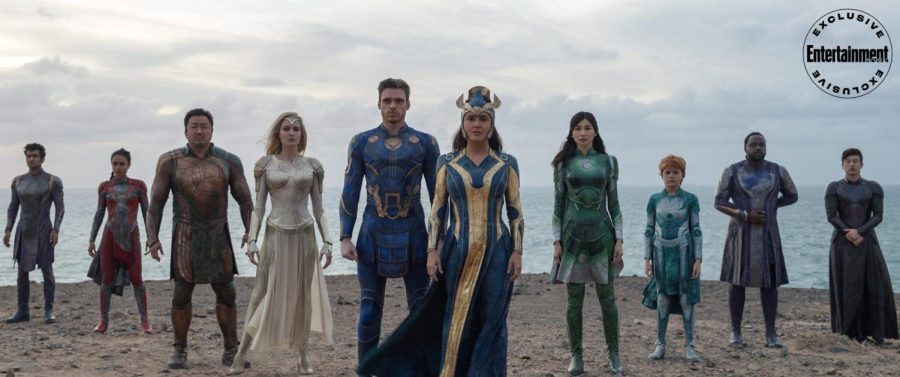The Apple company is intertwined with the DNA of America. The iconic logo of the silver apple with a bite out of it is recognized and revered by its supporters the world over. Today, this multi-billion dollar company is a social and economic juggernaut, and it was recognized last year as the world’s most valuable brand. But Apple wasn’t always this fruitful.
Directed by Danny Boyle, “Steve Jobs” is a biopic film about the legendary, now deceased, former head of Applefounder of Apple?. Some of Boyle’s previous work includes “127 Hours” and “Slumdog Millionaire,” both deeply human-focused films with protagonists that plead for our support as they attempt to overcome life’s biggest obstacle: their own limitations.
At its core, “Steve Jobs” is also about a man who must overcome his own personal constraints on his road to success. But here, the protagonist’s methods of reaching his goal are far less admirable. It is well known that to his employees and friends, Steve Jobs was a narcissist. As portrayed here, Jobs is a selfish and abusive man who seems to thrive off of discrediting others, even to the point where he pushes his own daughter out of his life.
The film spotlights this broken character and uses him as a springboard to wrestle with some tough questions. Can someone, as Apple co-founder Steve Wozniak puts it, “Be decent and gifted at the same time?” Is it ethical to receive the rewards of another person’s harvest?
In the film, Jobs seems to think that he is somehow above these predicaments. He views himself as above reproach and considers it his right, as the face of Apple, to benefit from the company’s success. This is illustrated in the film’s finest line when Jobs says, “Musicians play their instruments. I play the orchestra.”
The film rests on the back of a screenplay penned by Aaron Sorkin. The man certainly has a niche, having written “The Social Network,” a film also about the rise of a gigantic and globally influential company. Sorkin’s writing is typically fast-paced, biting and sprinkled with monologues. In “Jobs” it is characteristically bold and impactful and serves as the life force of these characters. It is the blood, muscles and tissue of the film and is so foundational that you can practically see it.
This is also a Boyle movie as much as it is a Sorkin movie however. In typical Boyle fashion, the film is visually captivating with excellent camera work. The film, much like an orchestra, has many movements. It is split into three distinct acts with each act set in the moments leading up to an Apple product launch. There is a lot of emotional and psychological build up to each launch but we never see Jobs present a product to any of the rapturous crowds. But that’s OK because what the film excels at is providing a deeply personal look at those behind the scenes, those who often get shunted aside by the products themselves.
These people are portrayed by a magnificent cast. Michael Fassbender portrays the man himself, giving one of the best performances of his life as he hits all the nuances of someone who is so unlikable yet so relevant to this story. Kate Winslet, Seth Rogen and Jeff Daniels also knock the ball out of the park. Acting is like playing a musical piece: you have to hit the right notes at the right time for it to have the desired effect and the cast does just that.
As an overall experience, “Steve Jobs” pulses and swells with a hypnotic and sometimes unpleasant rhythm. It is self-important to a fault thanks to Sorkin’s screenplay and Fassbender’s unwavering performance. But there is a heart that occasionally beats here too and it beats beneath the cold breast of Jobs. One could say even, that the film offers redemption for the protagonist in its final moments. There is a moment where Jobs comes to terms with the fact that even geniuses and revolutionaries can be flawed monsters, stating simply, “I’m poorly made.”








